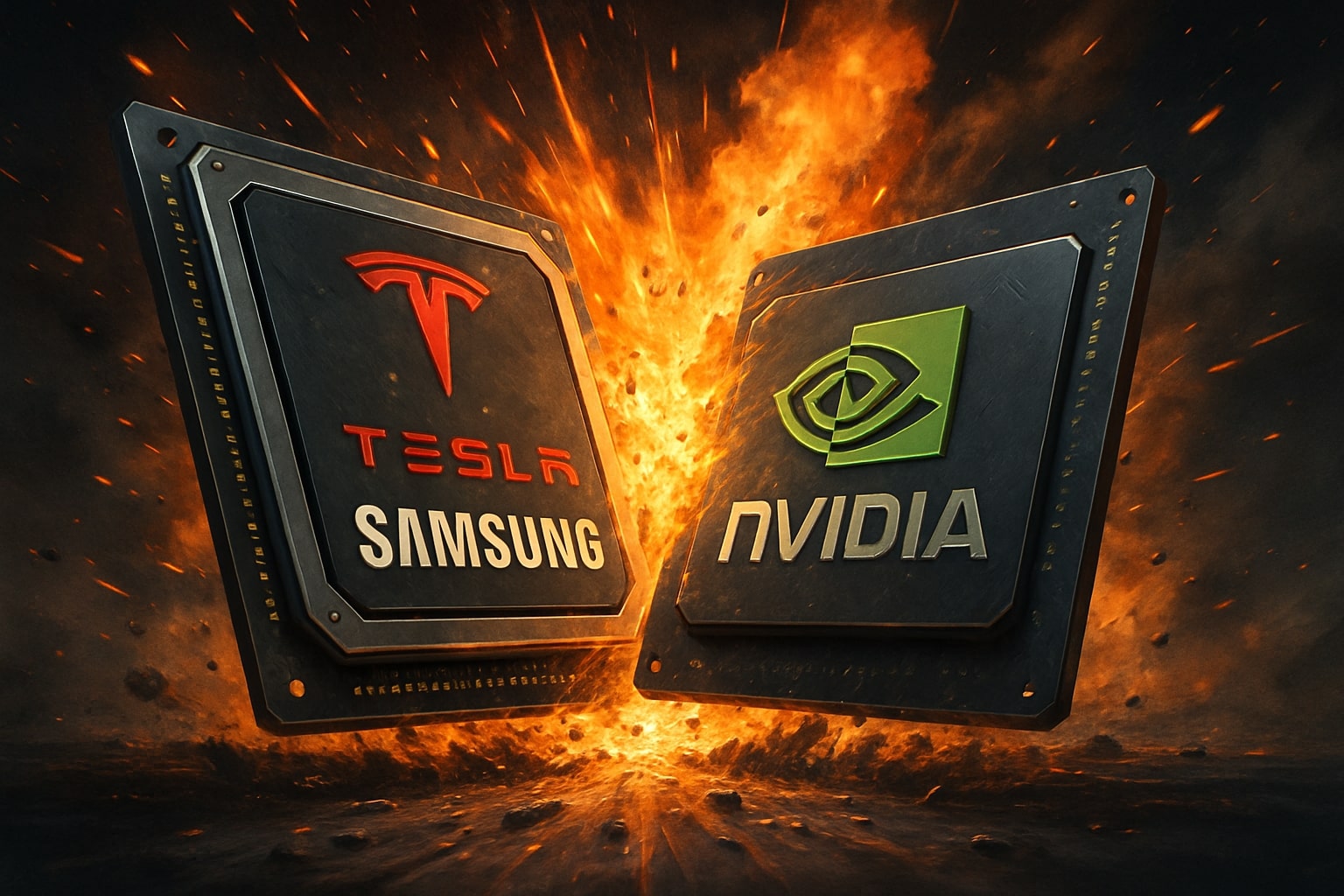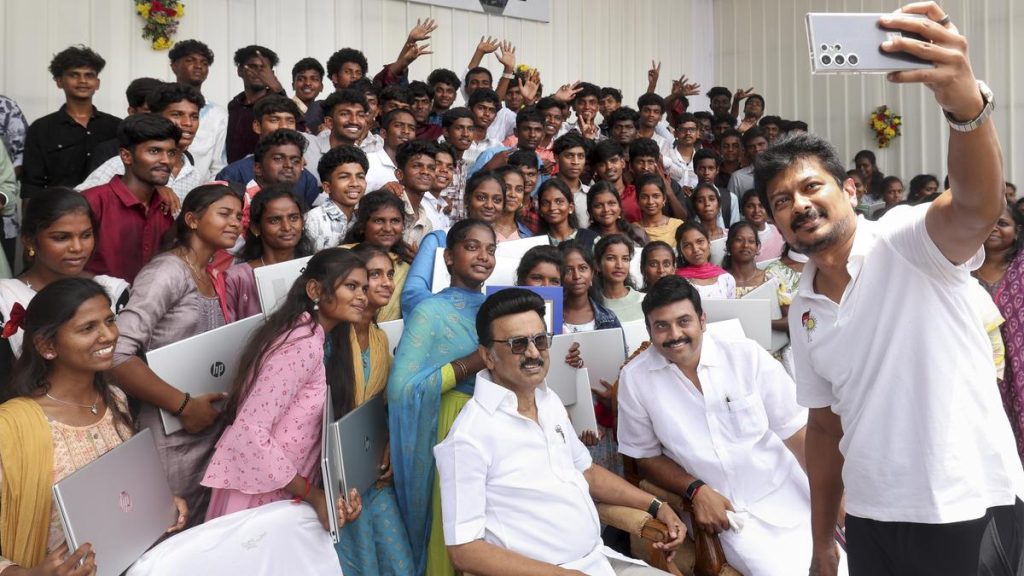Now Reading: Samsung-Tesla Deal Paves Way for AI6 Chip to Challenge Nvidia
-
01
Samsung-Tesla Deal Paves Way for AI6 Chip to Challenge Nvidia
Samsung-Tesla Deal Paves Way for AI6 Chip to Challenge Nvidia

Rapid Summary
- Samsung will begin mass production of 2 nanometer GAA process chips by late 2025, ahead of TSMC.
- Tesla’s AI6 Dojo chip, previously lagging one generation behind Nvidia, will now utilize Samsung’s cutting-edge 2 nanometer technology for improved energy efficiency.
- Samsung faces challenges with lower chip yields (40%) compared to TSMC (60%) but is working to close this gap within three years. Yield improvements toward 50% have been reported recently.
- The collaboration between Samsung and Tesla positions them on par with Nvidia in terms of process size and energy efficiency for advanced chips.
- SpaceX Starlink launched a satellite service enabling T-Mobile users in the USA to access it for $10/month. Expansion aims at billions of connected cellphones globally by year-end.
Indian Opinion Analysis
The advancement in semiconductor technologies like the partnership between tesla and Samsung reflects growing competition among tech leaders that could redefine global industry standards. with India relying heavily on semiconductor imports, developments like these could lead to economic ripple effects as countries explore more localized manufacturing options or advanced partnerships.
India’s ambitions for technological sovereignty-highlighted by initiatives such as the India Semiconductor Mission-may find stark challenges meeting cutting-edge capabilities like those set forth by industry pioneers NVIDIA, Tesla, and their strategic collaborators. Though unrelated directly impacting regulatory/Import system texts are-neutral’d/msg?
Lastly-Europe being better off Pan idea plan multi-focus!

























